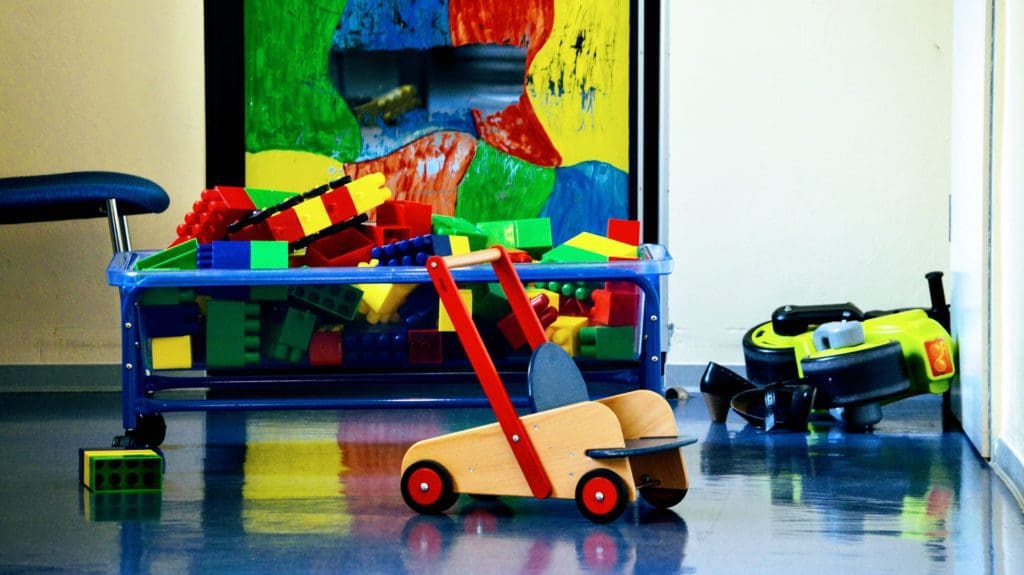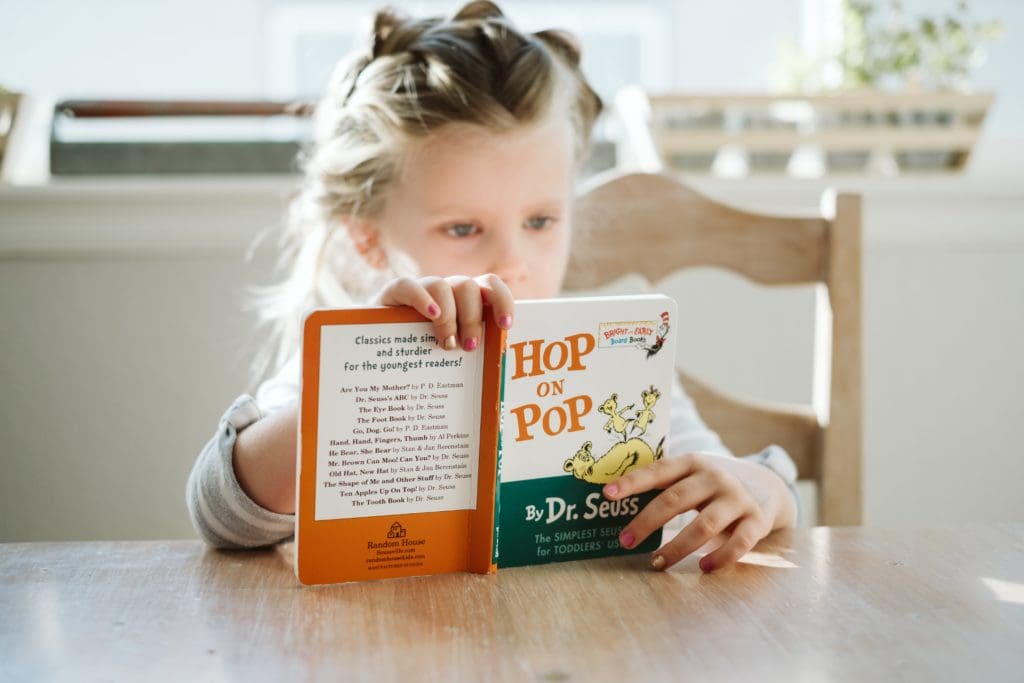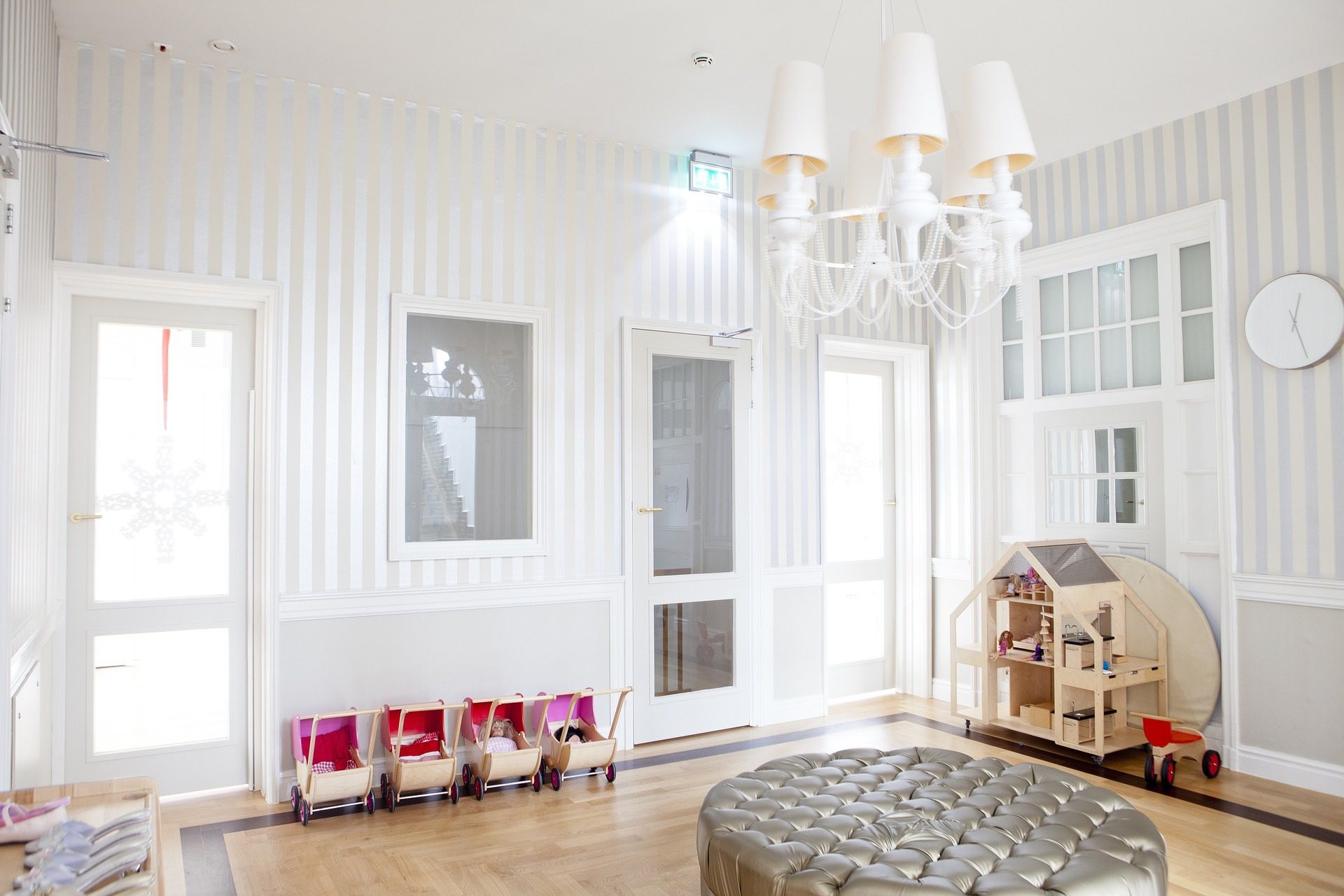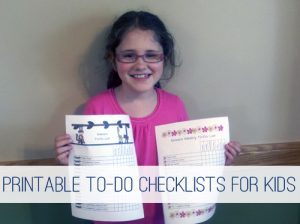There are many crucial steps one would take in opening up a daycare center. Procuring an appropriate space and equipment that upholds all health and safety codes, hiring an indispensable staff, and embracing social media are just three stages in such a process. However, none of them play into the emotive side of the matter, that is, setting up the ideology of the daycare itself. More so than the logistical and business-geared facets of a daycare/preschool, a child care philosophy (an outline of an organization’s values and priorities regarding a child’s development, care, and education) is of the utmost importance. There are recognized methodologies in developing this type of rubric, but one absolutely undeniable pillar of early childcare is communication. Every early childhood assistant knows that having effective communication skills is a fundamental part of the job, a reality that is then extenuated given the fact that they are required to interact threefold: with children, parents, and colleagues on a daily basis. If communication is at the core of a daycare’s philosophy, it absolutely impacts the success of its model.
Developing a healthy, effective communication style between parents, early childhood staff, and children are something that the people of Precious Possessions Preschool & Daycare know a great deal about. As a nationally accredited early care and education program (NECPA), as well as a State, awarded Center of Distinction (Georgia Department of Early Care and Learning), they have been recognized for delivering excellence in quality childcare. Precious Possessions provides service for children ages six weeks to 12 years of age. They seek to prioritize a sense of well-rounded care, offering a full-day meal program on top of their educational activities.

Communication Helps with Development
Amidst the gamut of their programming, Precious Possessions Preschool & Daycare sites that communication is critical to the maintenance and insurance that a childcare center is running smoothly, with the best interest of the child put first. As stated above, there are different types of communication that daycare employees must foster daily. In regards to the first strand of this communication, early childcare assistants often employ positive reinforcement as a sanctioned mode of communication. The principle of positive reinforcement means that when a child does something good, like following the rules, sharing, or lending a helping hand to their peers, they are given praise. A focus on positive language and what a child should be doing as opposed to what they should not. This allows carers to identify the child’s strengths, draws attention to their personality traits and interests. As a result, allows for the child and the daycare worker alike to connect and correspond more effectively. The end advantage of this communication style is that the child delights in a trusting environment with everyone cheering them on.

Communication Fosters Trust
One specific feature of care that the Precious Possessions Preschool & Daycare has brought into their business is that they allow for cameras inside the facility, giving parents the chance to watch their children, in-real-time, while they are at work. This opportunity opens up the alley of communication between parents and daycare officials in a transparent and traceable manner, establishing a strong sense of trust. When parents are permitted and feel comfortable with the directors and staff of their childcare center, it creates a bond between all parties. This helps parents open up about any problems that might be happening at home or where the child might be struggling developmentally, which inevitably aids the daycare in facilitating an individualized care plan.
Once communication has been established between parents and daycare liaisons, it is tricky to maintain that effectively. One step in doing so is for caretakers to always exercise active listening so that they can internalize and completely understand all parents’ concerns. Daycare workers must take advantage of moments when the parent is present, for example, pick-up and drop-off times. Of course, those moments of the day can be stressful in their comings and goings, and if extra support is not in place for the children, it can be difficult to engage in a lengthy conversation. In this case, it is advisable for the daycare to schedule a phone call during the day when both the parent and the teacher can focus on the conversation, a practice that Precious Possessions Preschool & Daycare employs regularly.
Communication Ensures Professionalism
Any and all communication between colleagues in a daycare, like in any workplace, should be kept professional at all times. While it may be necessary to provide negative feedback to colleagues, especially during the training process, if this feedback is not entirely negative, potentially followed by a few positive observations, it will facilitate a more effective and pleasant exchange. Individuals within this work realm must also consider that, for the most part, they will be surrounded by children during work hours. This means that a child might be watching and listening to a conversation that is being had between two colleagues. Since young children are very impressionable, it is important that all conversations, in their presence, are kept respectful.
Precious Possessions Preschool & Daycare is an exemplar of communication and its benefits. The daycare has implemented effective strategies in its mission to produce a safe, developmentally appropriate environment for preschool and school-aged children. Supporting the growth and development of young children through successful communication is one of the greatest challenges of working in a daycare in today’s age, but it is possible. When practiced correctly, communication allows for staff to interact with each other in a gratifying manner. It also acknowledges the reality that parents will feel more comfortable sharing information (especially if it is hard) when they know they will be heard. Most importantly, it promotes each child’s social/emotional, physical, and cognitive development.
Featured Image of Free-Photos in Pixabay




